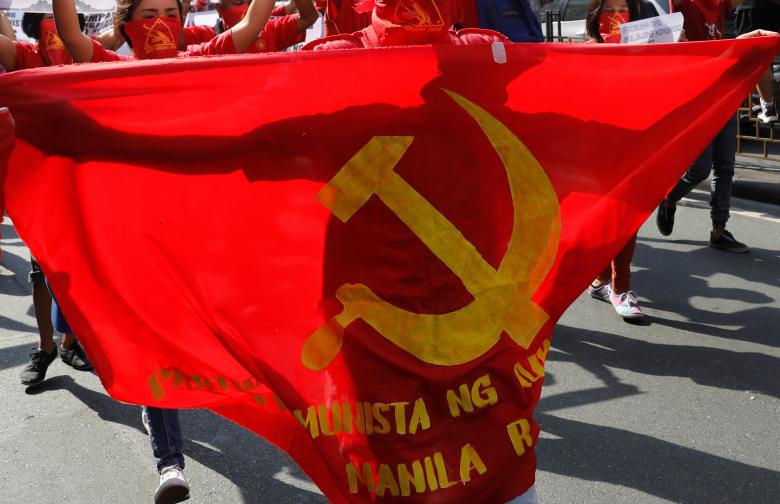The Philippine government and Maoist rebels restarted peace talks on Sunday in Oslo, but without a ceasefire.
The conflict between the government and the New People’s Army (NPA), the armed wing of the Communist Party of the Philippines (CPP), has raged since 1968 and killed more than 40,000 people.
The government could not agree to a unilateral ceasefire because the NPA had taken advantage of the truce to extort businesses and citizens, Armed Forces of the Philippines (AFP) Chief General Eduardo Ano said in a statement as both sides warned of continuing violence.
In a separate statement, the communist rebels said they expected intensified operations by the military. The CPP added that it did not declare a unilateral ceasefire because of the government’s refusal to declare its own truce.
The rebels did say however that they are willing to discuss a formal ceasefire proposed by the government in upcoming talks in the Netherlands.
Philippines’ President Rodrigo Duterte scrapped the truce with the communist rebels in February.
Angered by the deaths and abduction of soldiers since the NPA halted its unilateral ceasefire, Duterte ordered soldiers to prepare to fight.
Ano appealed to the public to report all attempts at extortion. The military said it had recorded more than 60 incidents of arson related to extortion since the breakdown of the truce in February.
Duterte wants to end guerrilla wars with both communist and Muslim rebels that have been hampering economic development. The 3,000-strong NPA operates mainly in the east and south.
Sunday’s meeting will be the fourth round of talks between the National Democratic Front and Manila, which have been on and off for 30 years but were restarted by President Rodrigo Duterte after he took office last June.
The National Democratic Front is made up of several groups, the most prominent of which is the Communist Party of the Philippines, whose guerrilla unit is the NPA.
The government has billed a permanent ceasefire as its primary goal, though a week of negotiations on the outskirts of Rome in January ended without such a deal.
“The (front) believes it is possible at the soonest time to have a bilateral ceasefire agreement,” chief rebel negotiator Fidel Agcaoili said in a statement issued from his exile in the Netherlands late Friday.
He said the rebel negotiating team was “willing to be flexible and is open to discussing with its counterpart what kind of bilateral ceasefire agreement is desired by the (government)”.
However, chief government negotiator Silvestre Bello said Friday he expected the week’s talks to be “very difficult and exacting”, with no guarantees for a breakthrough.
